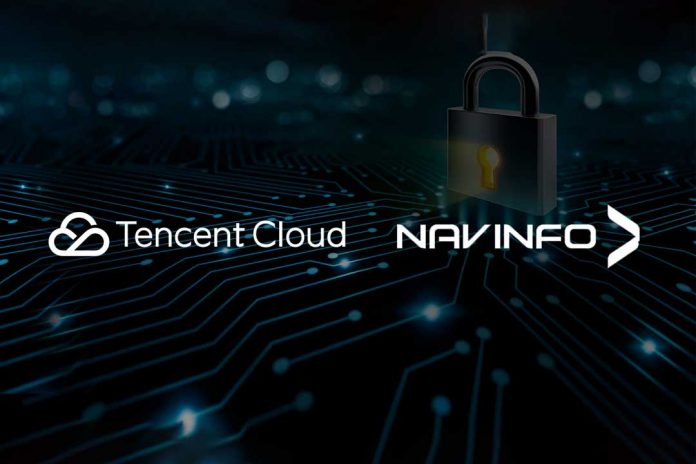The companies will bring secure and compliant cloud and cybersecurity solutions for the automotive industry, making business seamless and rapid for European technology partakers.
NavInfo Europe and Tencent Clouds Collaboration Improve Data Handling and Access
NavInfo Europe is a renowned software service provider for the automotive industry. The company jointly announced a collaboration with Tencent Cloud. Tencent Cloud is an enabler of digital transformations for innovative industries and a global cloud company. Both industry leaders shall collaborate to make cloud and cybersecurity advanced for the European automotive industry. The collaboration will support technology players in expanding their business through services compliant with European regulatory requirements and GDPR standards.
The GDPR requires all EU companies to comply with technical and operational measures. Helping in the data protection of EU citizens and residents. NavInfo Europe, being a data processor, offers an end-to-end GDPR-compliant data processing infrastructure. This software includes the anonymization of license plates and faces powered by AI.
Furthermore, the entire pipeline successfully deploys and optimizes at the availability zone of Tencent Cloud in Frankfurt.
NavInfo Europe’s Data Handling Services and Tencent Cloud’s Global Application Acceleration Platform offer multiple customer benefits. The system digitally transfers large-scale anonymized data and offers stable, secure, and seamless access to data. Tencent Cloud adopts NavInfo Europe’s GDPR compliance package to create a global full-stack cloud solution. This solution offers high-speed network connectivity within 70 availability zones and 26 regions, along with China and Europe, as the customers.
Enhanced Cybersecurity Solutions for Cloud-Based Vehicles
With vehicles relying on cloud-based back-end infrastructures, UNECE WP.29 and ISO 21434 Standards are essential for automotive cybersecurity. NavInfo Europe and Tencent Cloud will provide real-time and remote global penetration testing via a virtual stand. The testing simulates real-life attack scenarios, identifies vulnerabilities, and generates guideline reports to fix, monitor, and improve vehicle security. The companies will secure OEM cloud-based vehicle functions, third-party infotainment, and telematics back-end services.
Also Read:


